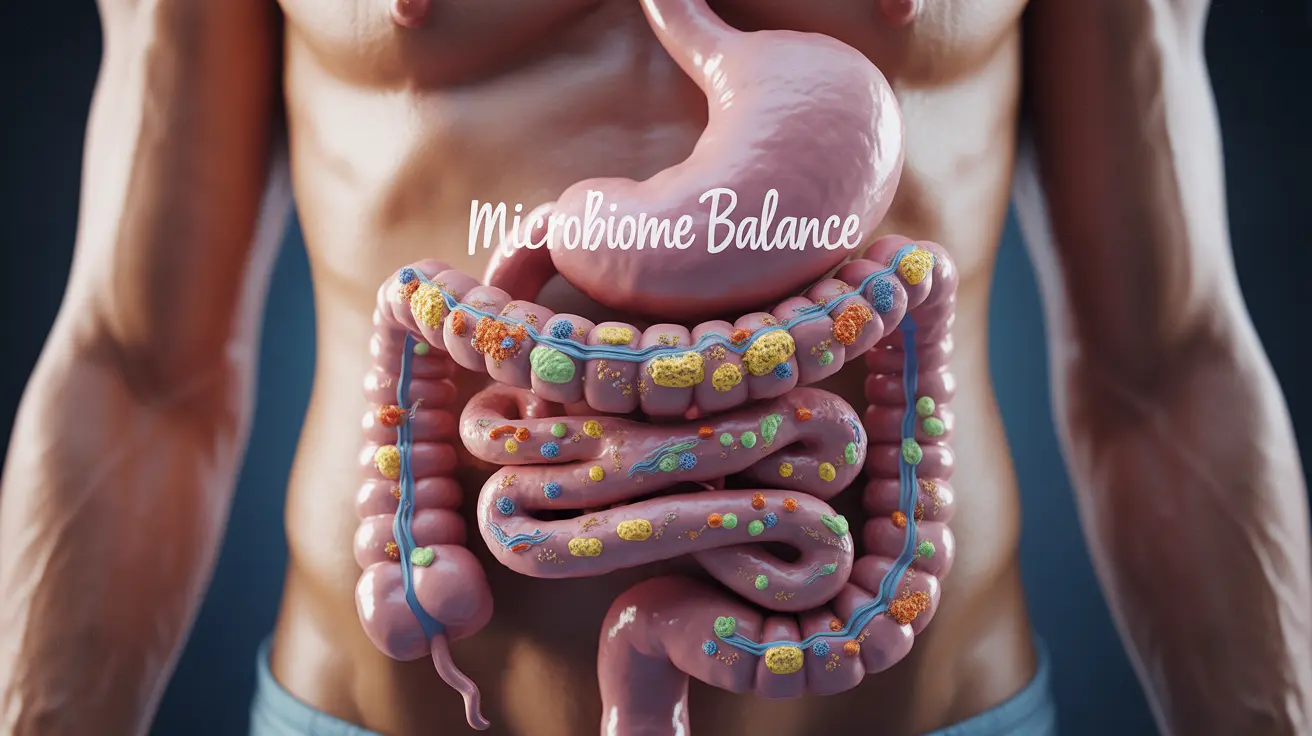While it might be a topic that makes some people uncomfortable, passing gas is a completely normal and essential bodily function. Understanding the role of flatulence in digestive health can help us better appreciate its importance for overall wellness and identify when changes might signal underlying health concerns.
Let's explore the science behind flatulence, its health implications, and when it might be cause for concern. This knowledge can help you better understand your body's natural processes and maintain optimal digestive health.
The Science Behind Flatulence
Gas in the digestive system comes from two main sources: swallowed air and bacterial fermentation of food in the large intestine. When bacteria break down undigested food particles, they produce various gases as byproducts, including hydrogen, carbon dioxide, and sometimes methane.
A healthy adult typically passes gas between 5 and 15 times per day, though this number can vary significantly based on diet and other factors. This natural process helps maintain proper digestive function and indicates a thriving gut microbiome.
Health Benefits of Passing Gas
Regular gas release offers several important health benefits:
- Reduces bloating and abdominal discomfort
- Indicates a diverse and active gut microbiome
- Helps maintain regular bowel movements
- Signals proper digestive enzyme function
- Provides relief from internal pressure
The presence of gas production also suggests that beneficial bacteria in your gut are actively breaking down fiber and other complex carbohydrates, which is essential for optimal digestive health.
The Impact of Diet on Gas Production
Different foods can significantly affect both the quantity and quality of gas production:
- High-fiber foods (beans, whole grains, vegetables)
- Dairy products (especially for lactose-sensitive individuals)
- Cruciferous vegetables (broccoli, cauliflower, cabbage)
- Sugar alcohols and artificial sweeteners
- Carbonated beverages
Understanding how different foods affect your gas production can help you better manage symptoms and maintain comfort while still eating a healthy, balanced diet.
When to Be Concerned
While passing gas is normal and healthy, certain changes might warrant medical attention:
- Excessive gas accompanied by severe bloating
- Persistent foul-smelling gas
- Gas accompanied by chronic abdominal pain
- Significant changes in frequency or odor
- Gas associated with weight loss or changes in bowel habits
These symptoms could indicate underlying conditions such as food intolerances, inflammatory bowel disease, or other digestive disorders that require professional evaluation.
Frequently Asked Questions
Is farting a sign of a healthy digestive system and balanced diet?
Yes, regular gas production typically indicates a healthy digestive system and a diet rich in fiber and complex carbohydrates. It shows that your gut bacteria are actively breaking down food and maintaining a balanced microbiome.
What are the health benefits of regularly passing gas?
Regular gas release helps prevent bloating, reduces abdominal discomfort, indicates proper digestive function, and suggests a healthy gut bacterial population. It's an essential part of the digestive process.
Can holding in farts cause digestive problems or discomfort?
Yes, regularly holding in gas can lead to bloating, abdominal pain, and discomfort. While it's sometimes socially necessary, consistently preventing natural gas release can cause unnecessary digestive distress.
How do certain foods affect the amount and smell of gas?
High-fiber foods, dairy products, and sulfur-containing vegetables can increase gas production and affect its smell. The type and quantity of bacteria in your gut, combined with your diet, determine both the volume and odor of gas produced.
When should I be concerned about excessive or foul-smelling flatulence?
Seek medical attention if you experience persistent excessive gas along with severe bloating, chronic abdominal pain, unexplained weight loss, or significant changes in bowel habits. These could indicate underlying digestive conditions requiring professional evaluation.




